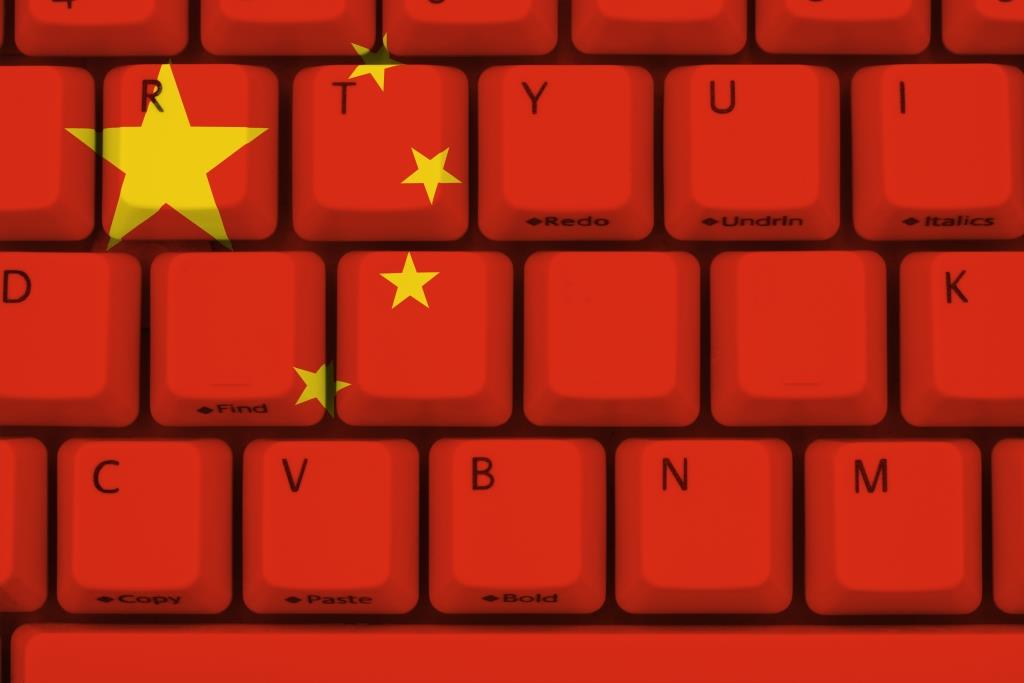
The U.S. Justice Department has charged members of the Chinese military with allegedly engaging in economic espionage against American companies. It’s the first time that the United States has leveled such charges against agents of a foreign country. But with the accused in China, is this more bluster than bombshell? Or are actual prosecutions possible?
A federal grand jury empanelled at the U.S. District Court for the Western District of Pennsylvania (where most of the target companies are located) returned an indictment against five members of a Chinese military unit in Shanghai, accusing them of conspiring to hack into the computer systems of six American companies. Among the companies were Alcoa, Westinghouse Electric, and U.S. Steel. The named defendants serve (or served) as officers of Unit 61398 of the 3rd Department of the People’s Liberation Army. The defendants often went by their hacker handles, which are mentioned in the indictment. For example, Wone is also known as “UglyGorilla.” Each of the defendants was charged with 31 counts for alleged offenses between 2006 and 2014.
If convicted, they would face decades in prison—if they were within reach of U.S. law.
As with any foreign prosecution, the key questions here center on jurisdiction and extradition. The United States generally has clear authority to prosecute within its borders, but that authority is less clear when defendants move outside the U.S. As commerce collapses these borders, prosecution of a trade secrets case can get a lot murkier. The arrest warrants (which were unsealed on Sunday) went out on May 1, and defendants are not in custody, nor do they appear to be represented by counsel.
U.S. officials have already acknowledged that the defendants are at large in China, and it would seem unlikely that the Chinese government would voluntarily hand them over to U.S. authorities. The United States has no extradition treaty with China.
Still, the United States has a few options on the table for actually prosecuting. If the defendants travel to the United States, authorities could try to apprehend them at a port of entry, but it’s incredibly unlikely the defendants would make such a move. Another option is to work with local law enforcement in a country with whom the United States has an extradition treaty in hopes of catching a defendant who moves across their borders. Although U.S. Attorney General Eric H. Holder, Jr. seemed to acknowledge the unlikelihood of a perp walk for the five accused, the indictment should send a powerful message that any such acts of economic espionage will not be tolerated.
“This administration will not tolerate actions by any nation that seeks to illegally sabotage American companies and undermine the integrity of fair competition in the operation of the free market,” Holder said. “This case should serve as a wake-up call to the seriousness of the ongoing cyber threat.”
China’s Foreign Ministry countered that the U.S. government “fabricated facts” in the indictment and denied that Chinese government, military and “associated personnel” have ever “engaged in theft of trade secrets or participated in such cyber activities.” Chinese Foreign Ministry spokeswoman Qin Gang asserted that, contrary to U.S. claims, “China is the victim of U.S. theft and cyber-surveillance.”

